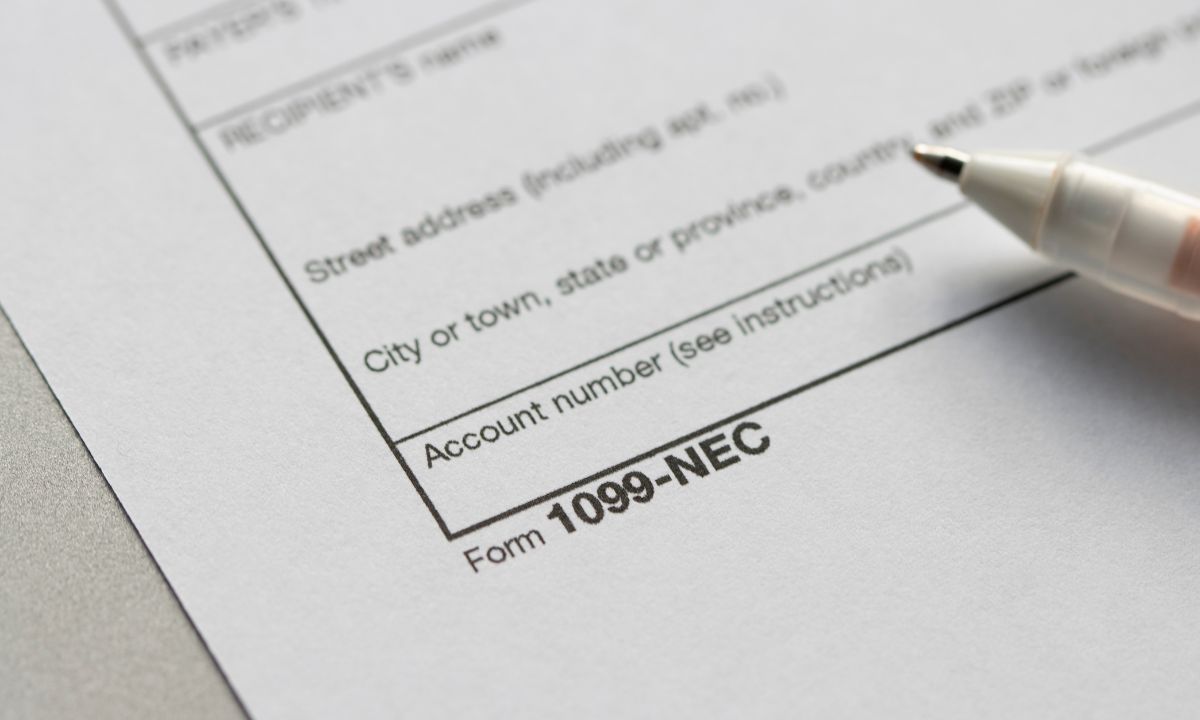Loan Servicing Companies
 What happens when you suddenly get a notice to pay your mortgage to a company you may have never heard of? How do you determine if this is a legitimate request or a scam?
What happens when you suddenly get a notice to pay your mortgage to a company you may have never heard of? How do you determine if this is a legitimate request or a scam?
A borrower may get a written notice or an email that their mortgage has been sold to another entity or that a new loan servicing company will now be collecting the mortgage payments. The borrower needs to exercise extreme caution before just sending in a payment to the new company. It is prudent to double-check to see if the communication is legitimate because many people get scammed by this type of notice.
Borrowers must receive a letter in the mail from the original lender notifying them of the change before getting any communication from the new company. If there was not a letter from the original lender, it is probably a scam.
How To Verify A Legitimate Request With The Original Lender
It is important to be 100% certain that communications are with the lender. DO NOT respond to any notice received by email by clicking on any link in the email, even if the email looks legitimate.
Fraudsters on the Internet use a technique called “phishing” to trick people into thinking they are getting a request from a legitimate company when the email comes from a criminal. These emails are very convincing. They look exactly like the real company; however, they are fake.
Borrowers who want to communicate with their lender online should type in their lender’s website address and make contact through the company’s official website.
Better yet, call the customer service number listed on the company’s official website and talk directly to a customer service person to verify that the request is legitimate. They will ask you for identification information and then be able to tell you your loan status.
What Is Loan Servicing? Can A Lender Sell My Loan?
Companies may choose to have the collection of the loan payment done by a third-party vendor. Usually, in any loan, there is a provision that allows the lender to sell it to another party or to change loan servicing companies. These legal rights are normally in the part of the loan document called the “Mortgage Servicing Disclosure.”
This legal right is usually held only by the lender and the borrower has no option but to comply with a legitimate request. Since almost all lenders sell off their loans to other companies or investors, so that they can get more money to loan out, the chance of a new mortgage loan selling is extremely high.
Troubles With Loan Servicing
Many make a smooth transition from one loan servicing provider to a new one by simply following the instructions. Others have troubles. Besides actual fraud by fake companies, there may be problems with real companies if the information in the records is not accurate. The date of a loan transfer may cause an overpayment or a late payment.
Any time there is confusion about a mortgage loan servicing transfer, it is best to be proactive and stay in touch with the original lender for guidance in connecting with the new loan servicer.
Lenders sell their loans all the time. Loan servicing companies change frequently as well. These can be a simple legitimate transfer of the business process from one company to another. However, this is an area that is ripe for scammers to trick people and for bad companies to take advantage of their customers through loan servicing fraud techniques. Be aware of this problem and take care to avoid any negative consequences of loan servicing fraud.
Remember that two of your best partnerships in real estate will be with your licensed real estate agent and your trusted home mortgage professional. Be sure to rely on them if you have questions or concerns about your property.

 For self-employed professionals, the mortgage process can feel like passing through a maze, fraught with challenges and uncertainties. Traditional lending standards often favor individuals with stable, predictable incomes, leaving entrepreneurs and freelancers in a precarious position. However, there’s a solution gaining traction in the mortgage industry: Non-Qualified Mortgages (Non-QM). We’ll explore how self-employed individuals can successfully navigate the mortgage landscape, leveraging non-QM lending to their advantage.
For self-employed professionals, the mortgage process can feel like passing through a maze, fraught with challenges and uncertainties. Traditional lending standards often favor individuals with stable, predictable incomes, leaving entrepreneurs and freelancers in a precarious position. However, there’s a solution gaining traction in the mortgage industry: Non-Qualified Mortgages (Non-QM). We’ll explore how self-employed individuals can successfully navigate the mortgage landscape, leveraging non-QM lending to their advantage. With rapid technological advancements and shifting societal norms, millennials find themselves facing a unique set of challenges and opportunities when it comes to securing a mortgage. The journey toward homeownership for this generation is a multifaceted one, influenced by factors ranging from soaring student loan debt to evolving housing preferences.
With rapid technological advancements and shifting societal norms, millennials find themselves facing a unique set of challenges and opportunities when it comes to securing a mortgage. The journey toward homeownership for this generation is a multifaceted one, influenced by factors ranging from soaring student loan debt to evolving housing preferences. In the rapidly evolving landscape of real estate, smart homes are emerging as a transformative force, reshaping the way we live and interact with our living spaces. Automation and technology have become integral components of modern homes, offering unprecedented levels of convenience, efficiency, and sustainability. This article delves into the burgeoning realm of smart homes, exploring the impact of automation and technology on the real estate industry and the future trends that promise to redefine our concept of home.
In the rapidly evolving landscape of real estate, smart homes are emerging as a transformative force, reshaping the way we live and interact with our living spaces. Automation and technology have become integral components of modern homes, offering unprecedented levels of convenience, efficiency, and sustainability. This article delves into the burgeoning realm of smart homes, exploring the impact of automation and technology on the real estate industry and the future trends that promise to redefine our concept of home. When it comes to purchasing Real Estate, the traditional financing options may not always be the perfect fit for every aspiring homeowner. Fortunately, a range of alternative financing options exists, offering innovative solutions that cater to diverse financial circumstances. Here are some creative financing avenues that empower homebuyers to achieve their dream of homeownership: rent-to-own, lease-purchase agreements, and shared equity arrangements.
When it comes to purchasing Real Estate, the traditional financing options may not always be the perfect fit for every aspiring homeowner. Fortunately, a range of alternative financing options exists, offering innovative solutions that cater to diverse financial circumstances. Here are some creative financing avenues that empower homebuyers to achieve their dream of homeownership: rent-to-own, lease-purchase agreements, and shared equity arrangements.